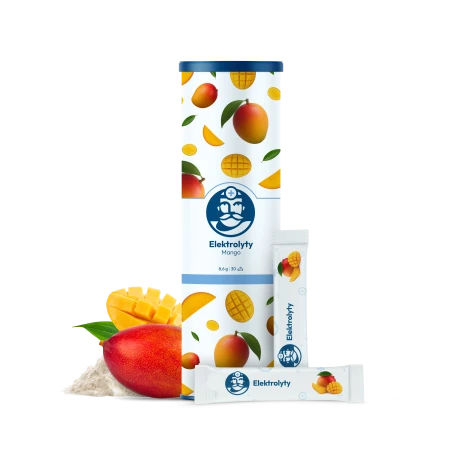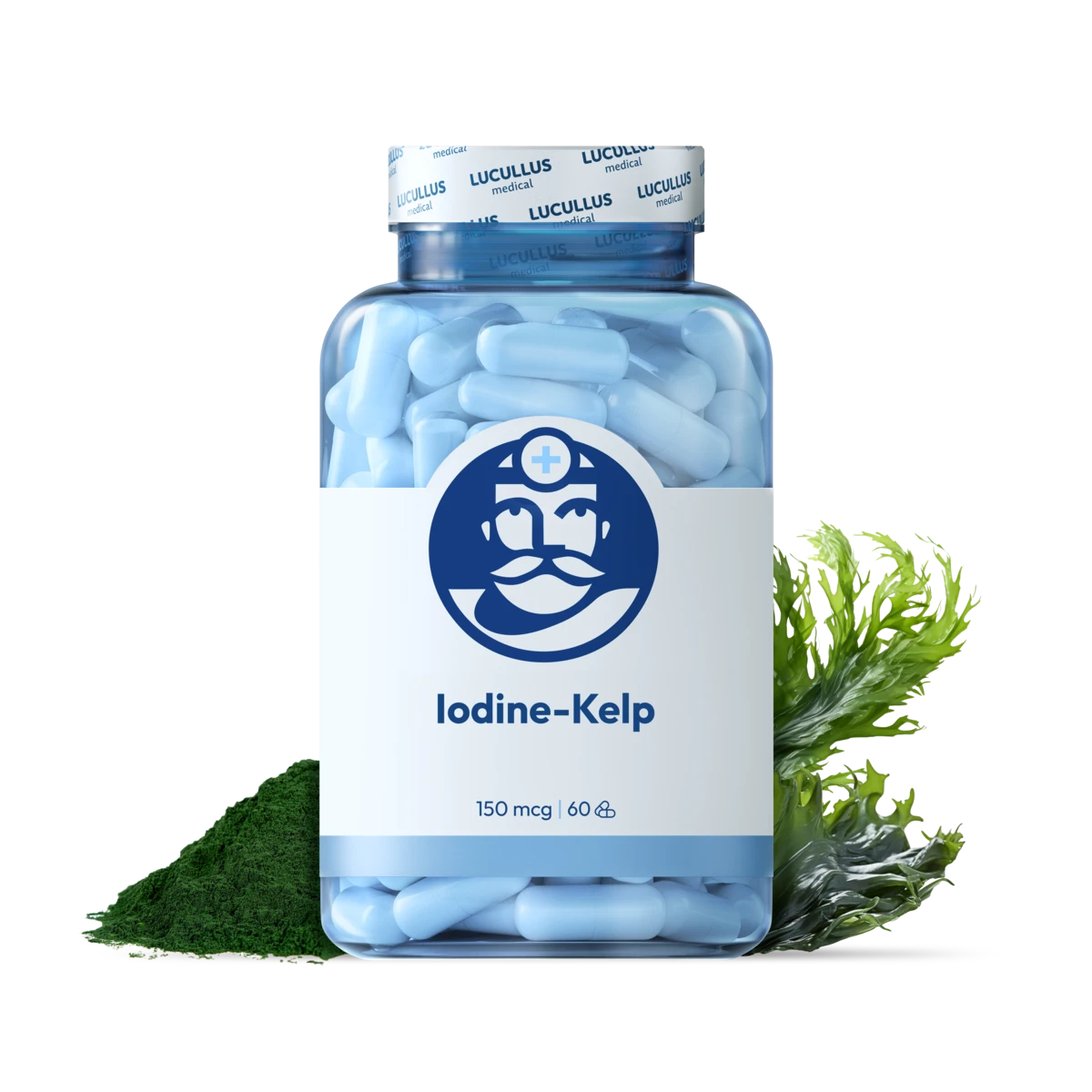
Is iodine a necessity? ... Iodine - Kelp
Iodine is a trace element, with an interesting role in health, which we associate with the thyroid gland. It occurs naturally in the marine environment and one of the richest natural sources of iodine is kelp seaweed, also known as "Bladderwrack, Norwegian Laminaria," which has been used in traditional medicine and cuisine for centuries. Kelp can absorb large amounts of iodine directly from the ocean. The body needs iodine to produce thyroid hormones, without which much more would not work ... our metabolism would not function properly, we would have little energy, and our minds would be dull.

... aby ste sa cítili vo svojom tele spokojne a šťastne
Prečo práve došlo + C + kyselina hyalurónová ? Stručne povedané, ide o elixír mladosti , ten presne charakterizuje 3 silných antioxidantov. Vzájomným prepojením zložiek sa zvyšuje podpora zdravia a nielen pleti (ako sa môže zdať). Už v mladosti sa zvyšuje množstvo kyseliny hyalurónovej odstrániť . Týmto triom pomôžeme bezpečne doplniť a zlepšiť zdravú pokožku tváre, kosti, kĺbov, žily, pevné a pevné. Vitamín je potrebný pre biosyntézu C (aj premenu ) a efektívnu využiteľnosť. Rozoberieme si to na drobné, pretože aj tu platí doslovne, že všetko tak všetkým súvisí...

Dôležitejšia, ako sa môže zdať ... Colon Cleanser, očista hrubého čreva
Až 80 % nových buniek sídli v črevách. Aj vás táto informácia prekvapila? Zásadnú úlohu pre správne fungovanie imunitného systému vládnu črevá a rovnováha mikrobioty. Podporuje imunitu určitú a vyvážený mikrobióm, ktorý bráni prenikaniu škodlivín do krvných buniek a učí imunitnú ochranu.

Inovatívny LIPO C (Lipozomálny vitamín C)
Vitamín C (kyselina askorbová) je už dlho uznávaný a schopný zlepšiť imunitnú funkciu a znížiť závažnosť a trvanie prechladnutia a chrípky . Že vitamín C je nevyhnutný pre optimálne fungovanie imunitného systému a celkové zdravie je všeobecne známe. Potvrdzuje to fakt, že vitamín C je jedným z najpopulárnejších a najpoužívanejších doplnkov stravy na celom svete. Práve nízky obsah tohto vitamínu v spracovaných potravinách si vyžaduje jeho pravidelné dopĺňanie. Okrem posilňovania imunity a skracovania trvania prechladnutia je dôležitá úloha pri hojení ran, zlepšovaní funkcií mozgu a podpory pevnosti kostí.

B-komplex
Z detstva si slovko "békomplex" pamätám veľmi dobre av podstate som nikdy nevedel o čo presne ide. Mladším ročníkom zrejme pod týmto slovkom v hlave nabehne drum&bass, pretože pod menom B-Complex vystupuje slovenský DJ a producent Matúš Lenický (hit Beautiful Lies). Ak budeme prísne vedeckí, tak B komplex je skupina vitamínov B1 až B12 .

MSM (Organosulfur) .... multifunkčný doplnok
Vedeli ste, že síra je pre naše telo rovnako nevyhnutná, ako vitamíny či minerály? Jedným z jej najvýznamnejších zdrojov je látka nazývaná metylsulfonylmetán, skrátene MSM. Napriek tomu, že názov znie, ako z učebnice chémie, ide o prirodzenú látku tak zásadným významom pre správne fungovanie organizmu. MSM sa prirodzene vyskytuje v krvi, tkanivách a orgánoch, kde podporuje látky, ako sú aminokyseliny - glutatión, cysteín a metionín. Táto organická zlúčenina síry, známa aj ako organosulfur je mimoriadne účinná v boji proti oxidačnému stresu, zápalom a pri regenerácii tela. Jej zdrojom môžu byť prírodné potraviny. Organosírne zlúčeniny, ako napríklad aličín v cesnaku, majú široké zdravotné využitie, a MSM je jedinečný v tom, že ponúka komplexnú podporu od zdravia kĺbov až po posilnenie imunity .






























